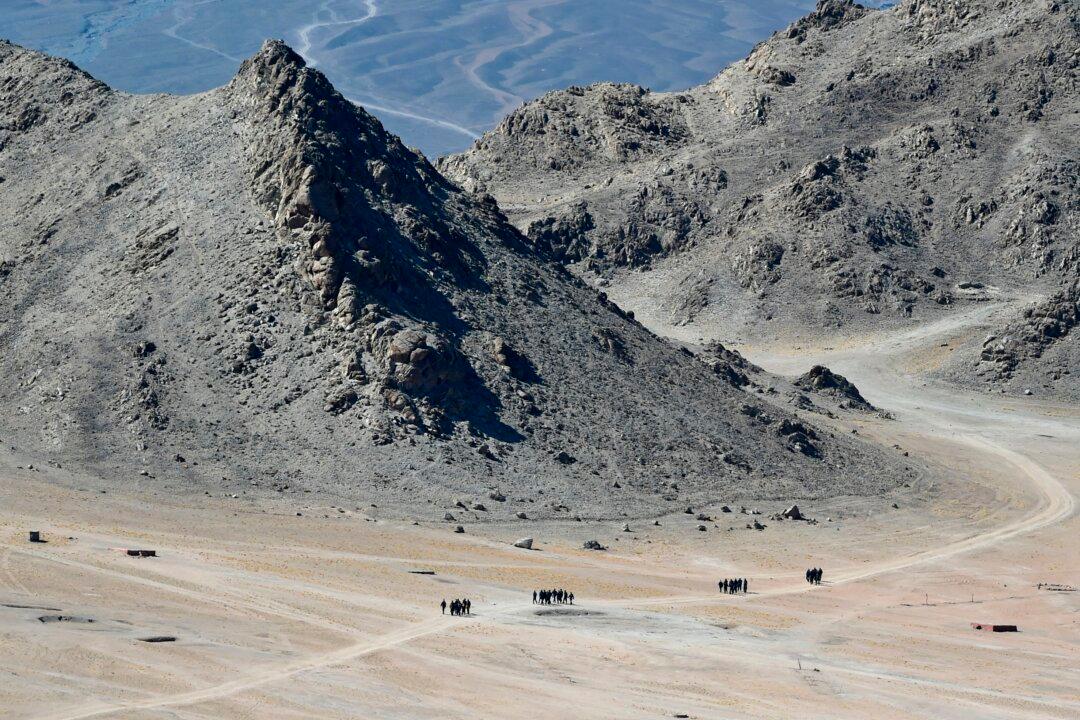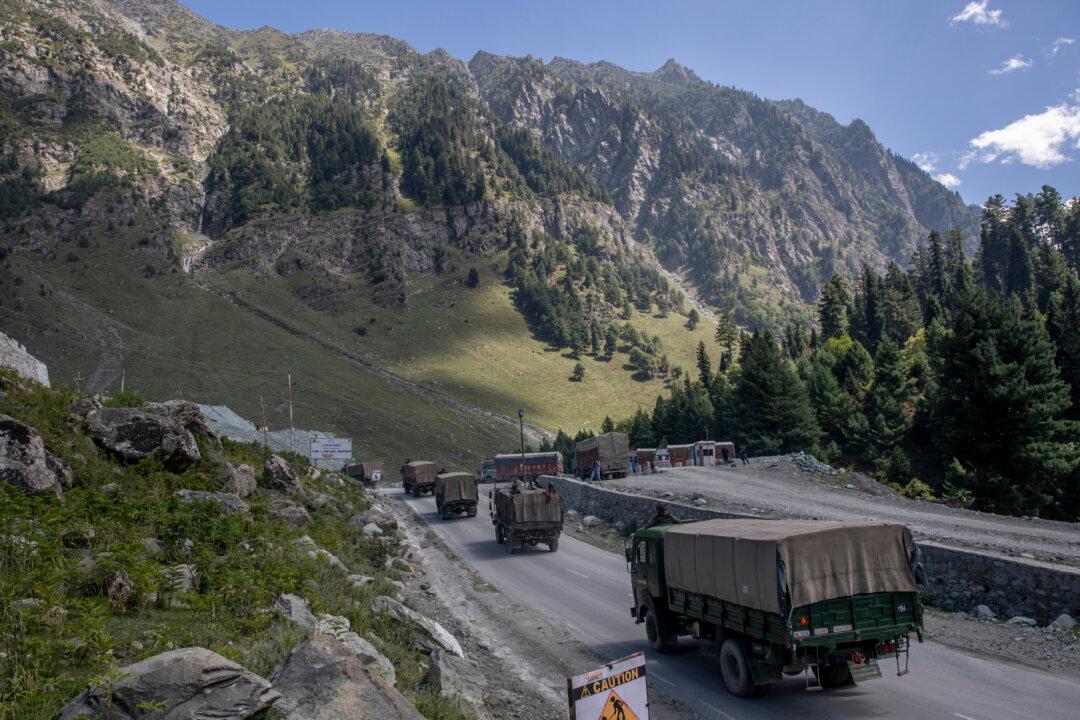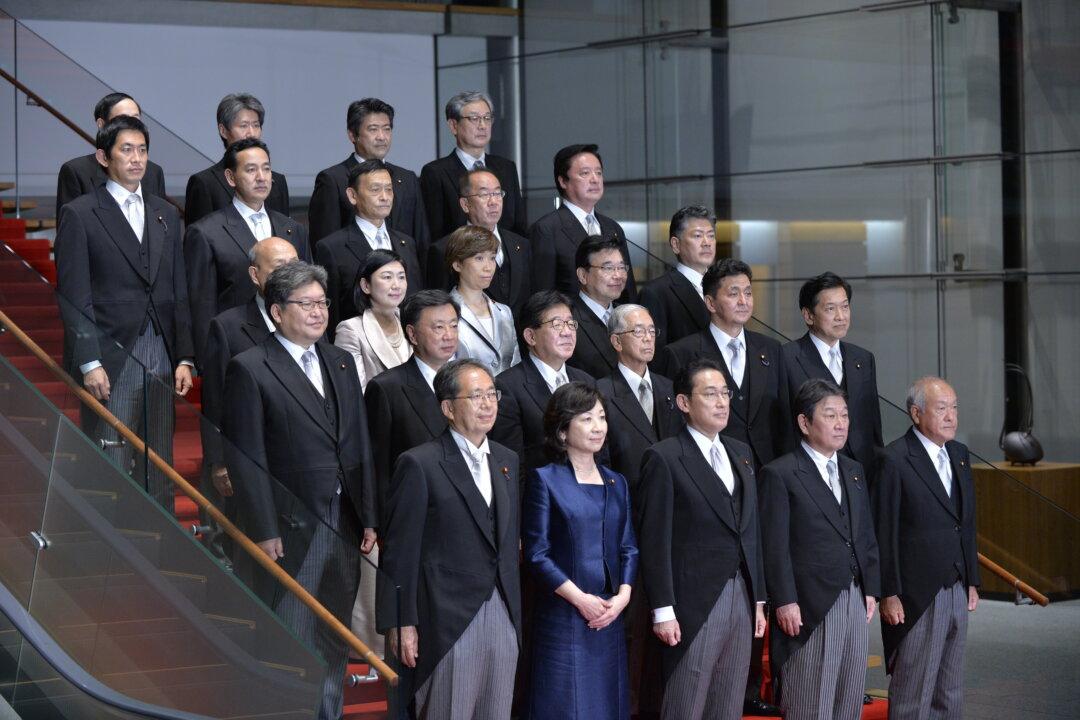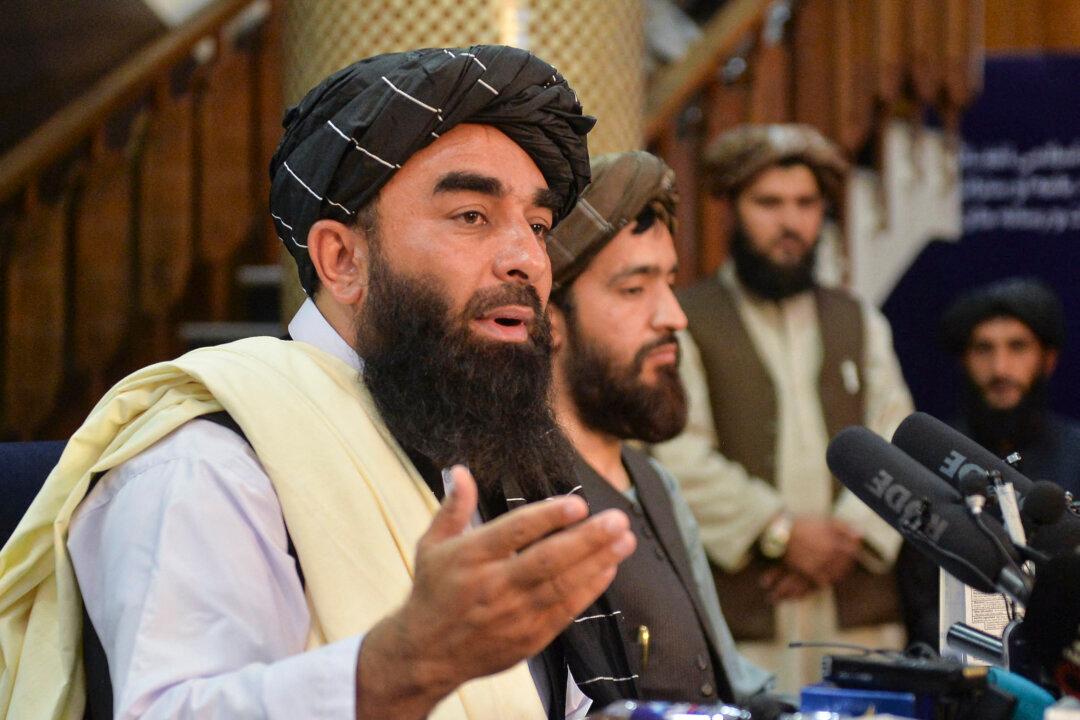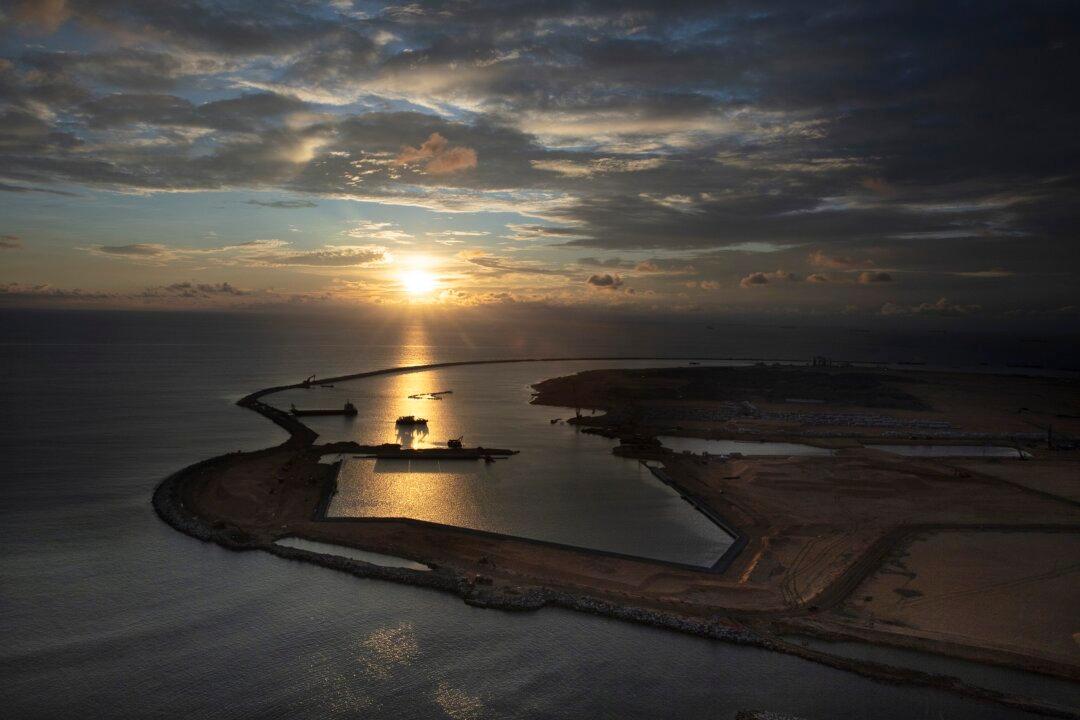Commentary
On the 86th birthday of His Holiness the Dalai Lama, Indian Prime Minister Narendra Modi set a new precedent by making a first-ever public announcement by tweeting: “Spoke on phone to His Holiness the @DalaiLama to convey greetings on his 86th birthday. We wish him a long and healthy life.” In reciprocation, the Tibetan religious leader called himself the “longest guest” of India which he sees as “home.” Indian leaders unofficially conveyed their wishes; however, Modi’s official wish to the highest religious leader of Tibet who is in exile is not just symbolic but of great significance given its political and diplomatic undertone.
